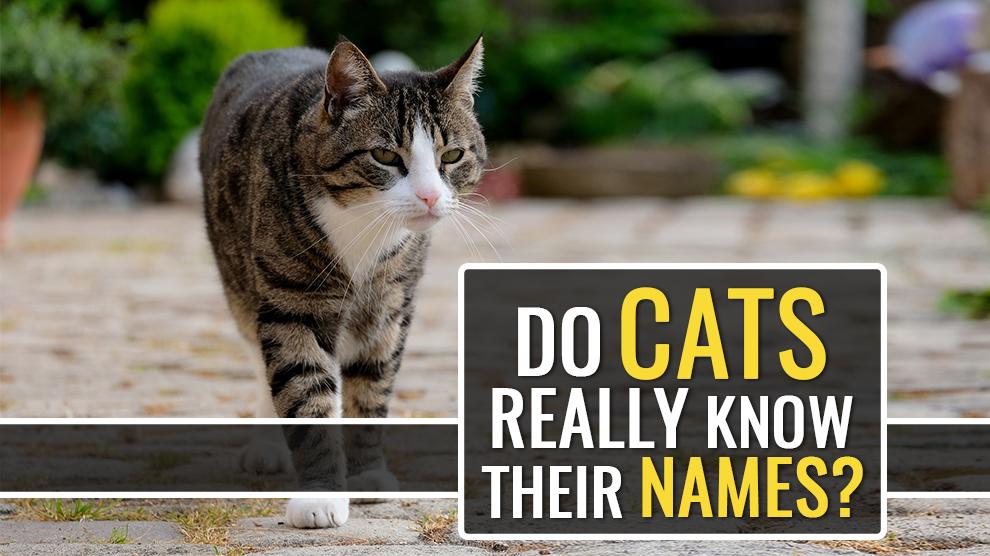Cats recognize their own name but choose not to respond

Cats recognize their own name but choose not to respond.

Cats have long been known for their mysterious behavior and independent nature. While they may seem aloof at times, recent research suggests that cats are indeed capable of recognizing their own names. However, they often choose not to respond to it. It’s an intriguing aspect of feline behavior that has captivated pet owners and researchers alike.
According to a study published in the journal Scientific Reports, conducted by Atsuko Saito of Tokyo’s Sophia University and colleagues, cats are able to distinguish their own names from other words. The researchers conducted a series of experiments involving domestic cats in both laboratory and home settings.
In the study, the researchers played a series of recordings consisting of five different words followed by the cat’s own name. They observed the cats’ responses, such as ear movements, head orientation, body posture, and vocalizations. The results showed that the cats displayed a clear recognition of their own names, as they responded more strongly and prominently when hearing their names compared to other words.

So, why do cats choose not to respond to their names despite recognizing them? One possible explanation is that cats have evolved to be more independent and self-reliant compared to other domesticated animals. Unlike dogs, who are known for their loyalty and eager-to-please nature, cats have retained their innate instincts of solitary hunters.
Another aspect to consider is that cats are highly selective in their responses. They have their own unique ways of communicating and establishing social interactions. Unlike dogs who are inclined to respond to their names as a learned behavior, cats may choose to ignore their names simply because it doesn’t align with their natural instincts.
Furthermore, cats are known for their sensitivity to their environment. They may be easily distracted or preoccupied with other stimuli in their surroundings, such as sounds, movements, or smells. This enhanced awareness of their surroundings may contribute to their selective responsiveness.
It’s important to note that the study’s findings do not imply that cats are indifferent to their owners or lack an emotional connection. Cats can form strong bonds with their human companions and exhibit affectionate behaviors in their unique ways. However, their independence and selective responsiveness make them intriguing and sometimes enigmatic creatures.
In conclusion, cats do recognize their own names but choose not to respond to them. This behavior is likely rooted in their evolutionary history, independent nature, and selective responsiveness. Understanding and respecting their individuality is key to fostering a harmonious relationship with these fascinating feline companions.
Source: Nature Scientific Reports
Related Posts
Quick Links
Legal Stuff

